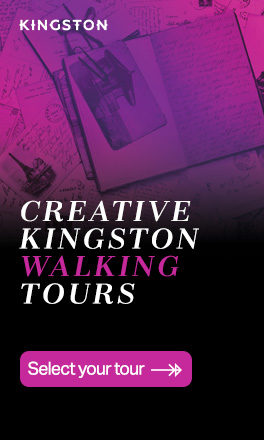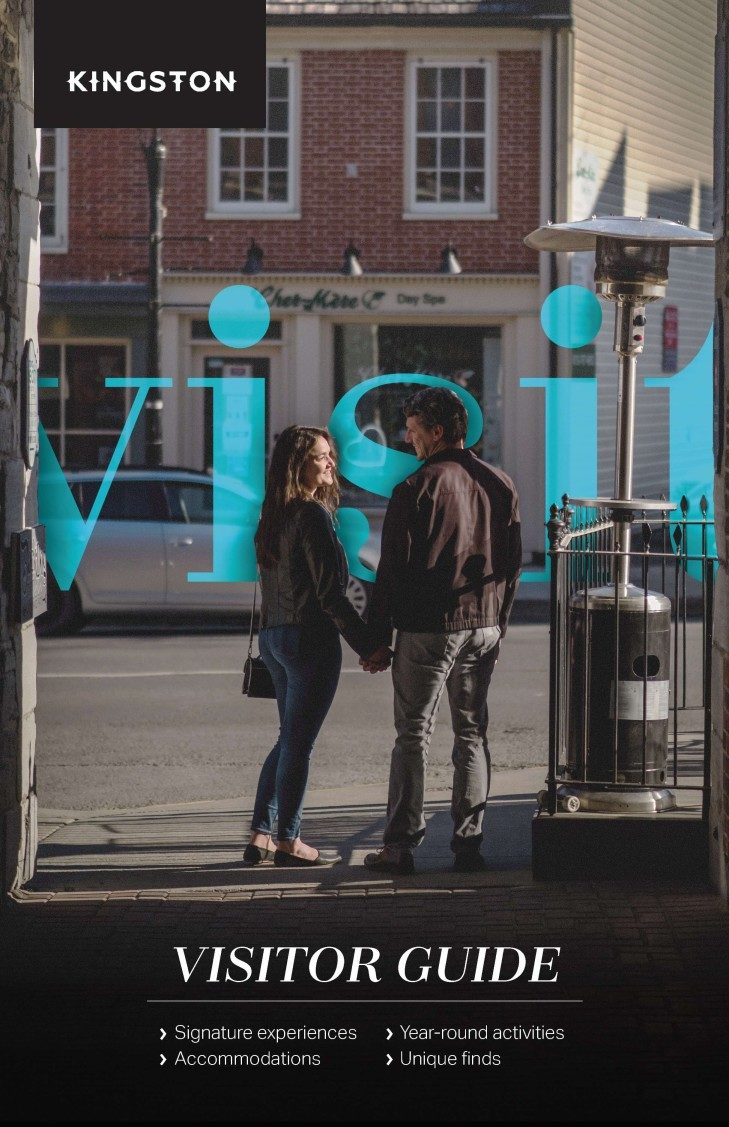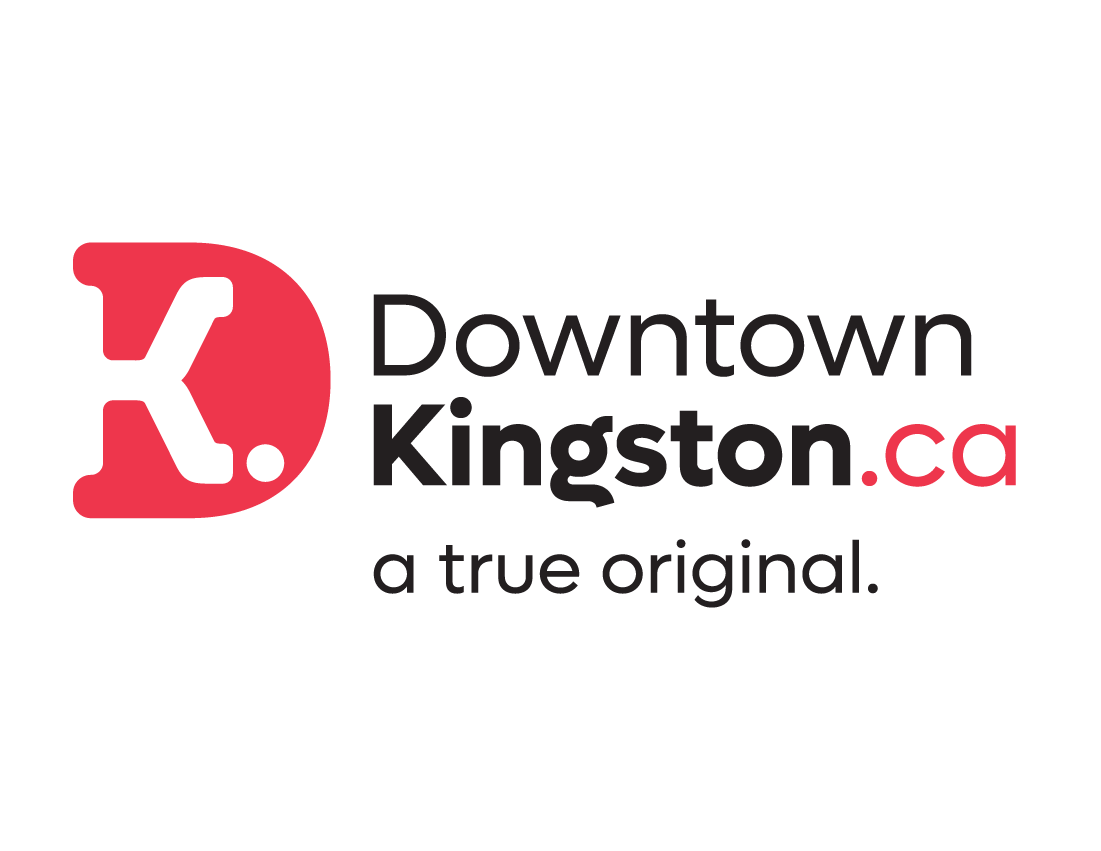Ask anyone: the history of Canadian music starts every chapter on a stage in Kingston, Ontario.
In a vast country, spread out with distant cities and a range of sounds and people, Kingston’s the glue. It’s a town where Celtic-punk bands share a home address with understated folk singers, and music legends hit a pub to catch up-and-coming artists.
It punches above its weight and shapes our national music scene, whether its being the birthplace of Bryan Adams or where the Tragically Hip’s members first met.
In The Hip’s early years Gord Downie said as much to Queen’s University’s campus paper, The Queen’s Journal.
“This place shaped who and what we’ve become,” he said. “We learned how to perform in front of students and locals alike in campus pubs and local dives. We saw early on how music has the power to move people and bring them together.”
What Downie called The Hip’s “high-energy dance music” was only one highlight for city making live music history. For every stadium headlining rock band, there’s another artist ready to leave their mark.

After the Tragically Hip introduced themselves on the national stage in the ‘80s, alternative rockers The Headstones signed to MCA in 1993 and brought their own intense, hard-rocking chops front and centre.
Songs like “Smile and Wave” reflected a harder, grungier element to the Canadian music scene while retaining the solid song writing the country’s music was known for. Contemporaries The Mahones likewise impacted the country’s music scene as their punk influences meshed with traditional Celtic music.
Others followed: in 1994, Canadian singer songwriter Sarah Harmer began her music career in earnest as a student at Queen’s University. Six short years later her sophomore solo album, You Were Here, went platinum in Canada — three more albums featuring Harmer’s parse, elegantly melodies followed, solidifying her position as a world-class musician.
Fellow Queen’s students Bedouin Soundclash met while attending the school in 2001. Soon after the band’s unique blend of ska, reggae and alternative rock was sound tracking college radio stations and dorms rooms across the country.
Now, the Glorious Sons have followed in the city tradition of local acts becoming national bands. They raked in the 2018 Juno award for Best Rock Album — proving their hometown hasn’t lost its knack for churning out great musicians.
Dave Mcnmarra, owner of live music fixture the Merchant Taphouse, was one of the locals who helped the band get underway.
He says the sheer amount of Kingston bands make it easy to host live music.
“Kingston has it really great because we can stay local. I must [book] 90 to 95 per cent local bands,” he said. “Not many cities can do what we do here, and that’s because there’s so many good bands here in Kingston. A lot of touring bands ask, ‘Why can’t you hire us?’”
He only has one answer. While the Merchant has seen plenty of bankable Canadian artists come through its doors, Kingston has a ready supply of up-and-comers to take the stage on any given night.
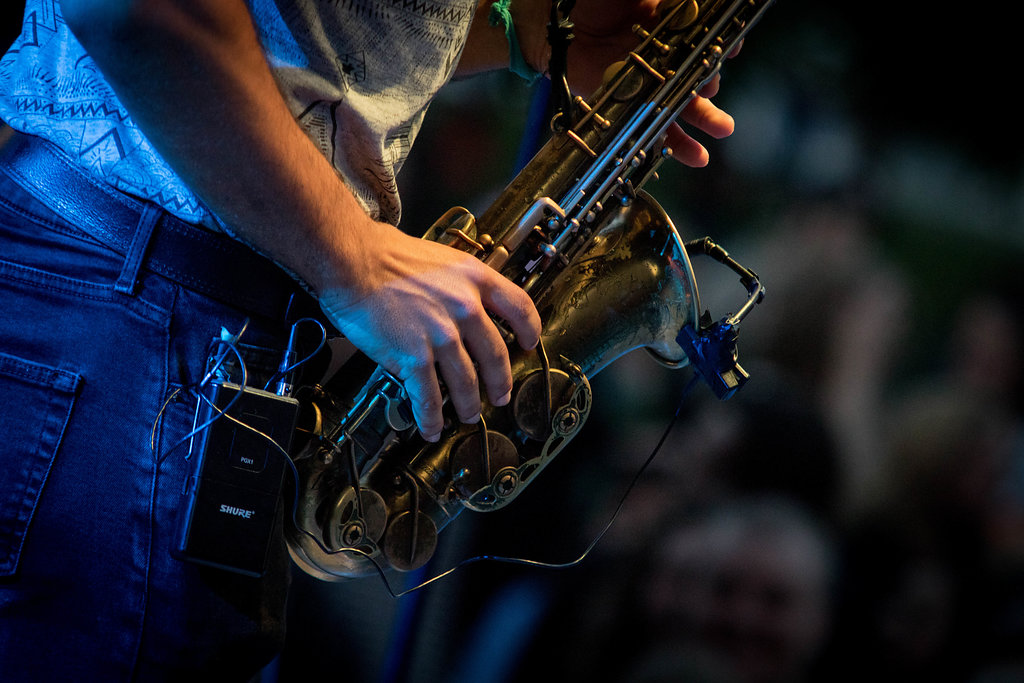
“We have so much local talent and they have a following. We come from one of the best live music cities in Canada — I believe — with [this] amount of talent. Bands from other cities don’t get that,” he said.
“They’re not from Kingston. They don’t understand how many great bands we have here.”
Travis Blackmore, the owner of The Embassy, agrees. He opened the pop-up music café on Saturday nights in St. Georges Cathedral so music fans and those living on the margins could enjoy the best of Kingston’s artists together.
“One thing in common with everybody: whether you’re poor, whether you’re rich, whether you don’t even speak English. Music is in every language. It’s universal,” he said.
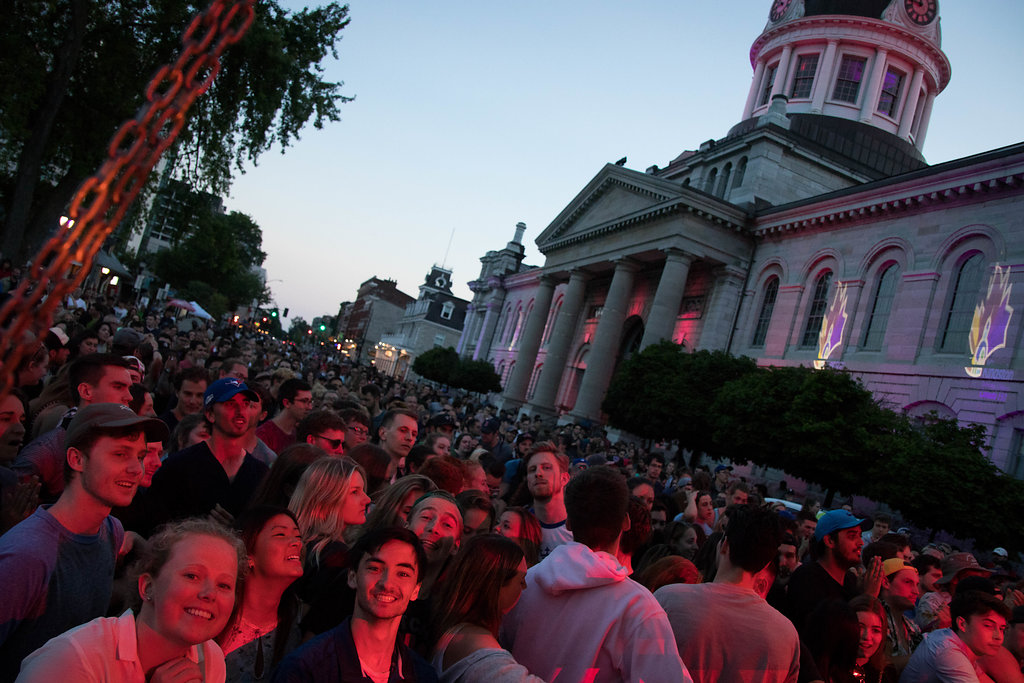
According to him, much of the venue’s success comes from it staying competitive with other, more traditional venues in Kingston. While remaining a dry venue, The Embassy opens early enough so other attendees can watch hometown favorites before hitting the bars and the rest of the city.
It’s just another step for a music scene that has repeatedly set the terms for Canada’s music history — while rocking a live venue.
“Kingston in general already has a reputation for being a music hub. The Tragically Hip are from here. Bryan Adams was born here. You got new bands just smashing it: The Glorious Sons are killing it,” Blackmore said.
For Kingstonians, it’s not a secret: music history is written in the careers of the city’s live musicians. Each generation takes it a step further than its predecessors — all with a great live show.

